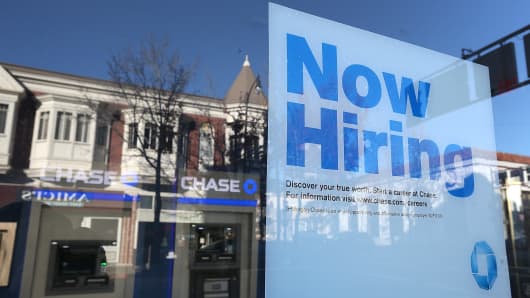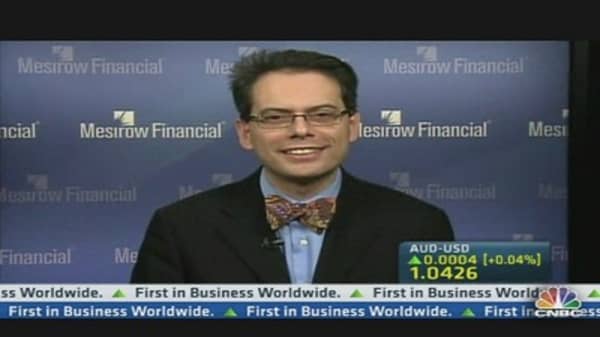Long-term unemployment may not be the stubborn problem we thought it was.
Some economists say there are signs it could ease in the next few years as the economy improves, raising hopes for the millions of Americans who have spent months or even years looking for work.
"There have been some improvements in the job prospects for the long-term unemployed, and while it remains a very severe social and economic problem in this country, it's not an intractable problem," said Rob Valletta, research advisor with the Federal Reserve Bank of San Francisco. "There are glimmers of hope."
About 4.7 million American jobseekers, or 38.1 percent of all unemployed people, had been out of work for six months or more in January, according to the Bureau of Labor Statistics. That's more than four times the number of people who had been out of work that long five years ago, just as the Great Recessionwas getting under way.
The recession officially ended in June of 2009, but job growth has remained painfully slow during the weak economic recovery. That's meant that people who lose a job are often in for an arduous task when it comes to landing a new position.
The median duration of unemployment is currently 16 weeks, according to the Bureau of Labor Statistics. That's down from a high of more than 24 weeks in mid-2010, but still around double what it was in 2007.
The large number of people who are out of work for months or even years has caused some people to wonder whether long-term unemployed workers will ever find new jobs.




